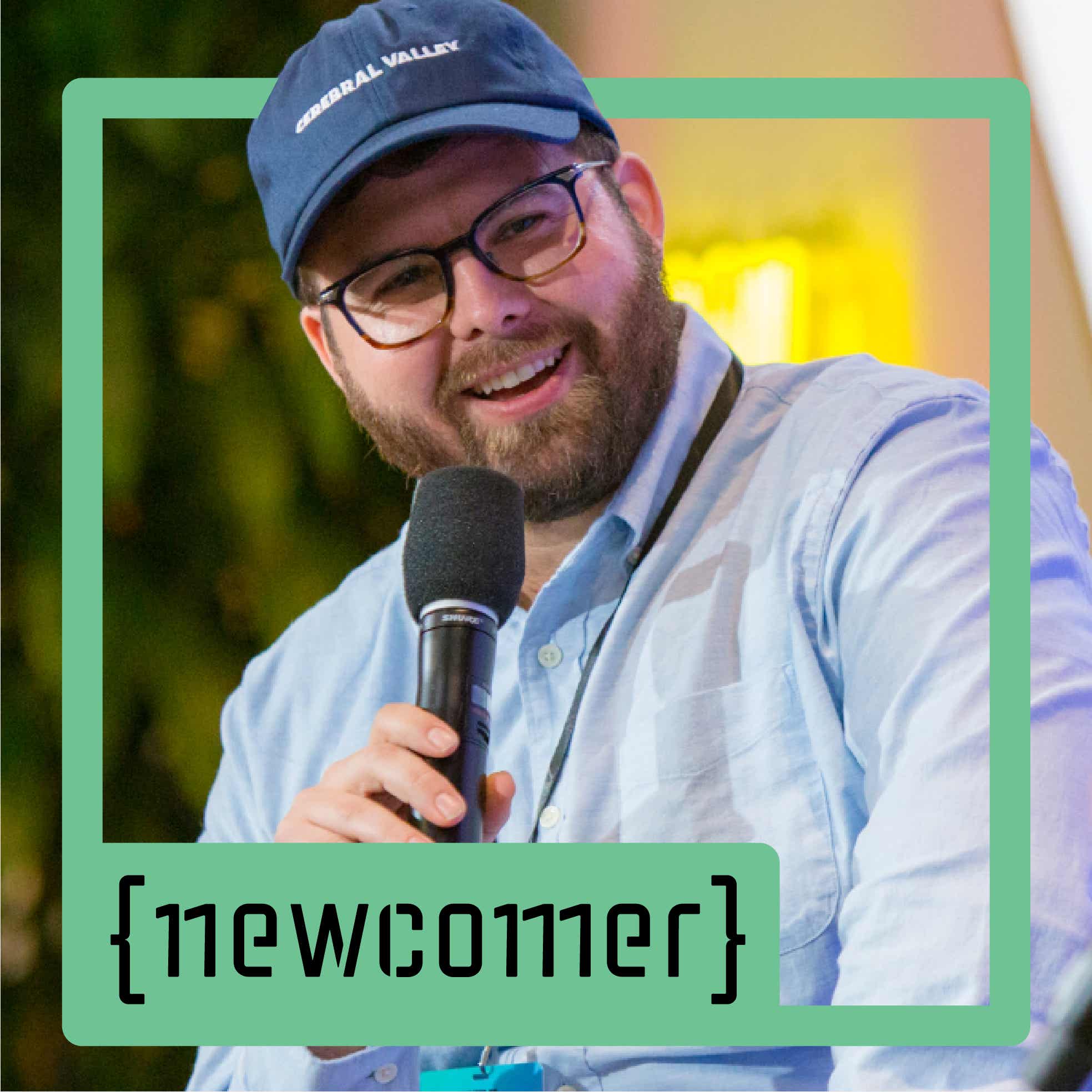Psychedelics, Micro Nuclear Reactors & Venture Turbulence (with Rebecca Kaden)
Description
Union Square Ventures has some of the best performing funds in the venture capital industry.
As I’ve reported, USV-backer UTIMCO disclosed in a recent filing that USV had delivered the public investment fund an internal rate of return of 59%. And that number will likely go up over time. (For instance, USV portfolio company Casetext sold to Thomson Reuters for $650 million after the UTIMCO performance update.)
I invited USV managing partner Rebecca Kaden onto the Newcomer podcast to talk about how USV consistently invests in unconventional companies.
We started off our conversation talking about Journey Clinical, the psychedelics company, in which Kaden announced a Series A investment in January.
We also discussed USV’s $200 million climate fund strategy, her interest in the AI application layer, and how rising interest rates are effecting the venture capital asset class.
Give it a listen
Highlighted Excerpts
The transcript has been edited for clarity.
Eric: How do you repeatedly invest in weird things like psychedelics?
Rebecca: This thesis around access to care, which has attracted so much capital — some of it ours and is proving to be a good category — has been where the market has gone, but it’s actually only one piece of the puzzle. The way we get into things that are unusual is by having strong theses about where things are going versus being extremely opportunistic. Obviously, there’s a balance. But that thesis thinking is important. A lot of thesis work on this category really led to the belief that access to care is only half the puzzle. The other is how is care itself going to evolve, and you start unraveling that thread: how is care itself evolving? The real biggest last evolution of care is SSRIs. Those are prescription drugs and have been very important to the treatment for mental health crises, but there’s a lot of things they don’t treat. They’re not a one size fits all model. And they’re basically all we got, right? The innovation has not had a lot of other layers, except for psychedelics. And so we became very interested in psychedelics as the next card to get turned over and the next option in needing a bucket of options to treat a crisis.
Eric: There are pharmaceutical companies. If there’s money to be made, shouldn’t they be trying? What’s happening that it feels like you need a real outsider thinking to bring ketamine, a drug that’s legal, to people’s lives that the medical system is unable or unwilling to do what’s happening?
Rebecca: Well, this isn’t really unique to psychedelics or to mental health. Pharmaceutical companies make drugs, so the development of drugs goes with them, but the distribution and networks of access is outside of it. That’s not particularly new or unique here. That’s where business opportunity has been. So the idea is, when you talk about distribution and networks of access, that’s often where these business opportunities lie. The development of drugs is kind of a different beast, which lies in the pharmaceuticals. Why is there a business opportunity with creating access? Because the same reason technology drives business opportunity into anything. Offline access is slower, it’s more gated; it’s more piecemeal. You have to be at the right doctor at the right time, you have to find it. By creating a network, you just allow anyone anywhere to find access and education at a faster speed and with much broader supply, which brings efficiency to the market.
Eric: Do you think mushrooms are going to be on the table soon? Or how much was this a bet that the regulatory regime would change?
Rebecca: I don’t think mushrooms as we think about them in a recreational sense are just gonna get legalized, maybe they will, but that’s a separate kind of thing. I think other forms of psychedelics in formats that are right for care are very much going to get legalized. And actually, as we did our research, to us that’s a when not an if. When y
More Episodes
This is probably my favorite episode of the year. We just updated our picks for our artificial intelligence startup fantasy draft. That means dropping startups whose star is fading and making new pickups.
Last year, Max Child, James Wilsterman, and I drafted the most promising generative AI...
Published 11/13/24
Published 11/13/24
We’re back with a couple episodes of the Cerebral Valley Podcast leading up to our summit on November 20.
I’m joined by my Cerebral Valley AI Summit co-hosts Max Child and James Wilsterman.
On this episode, we started by talking about the thing on everyone’s minds — the election of Donald Trump...
Published 11/09/24


